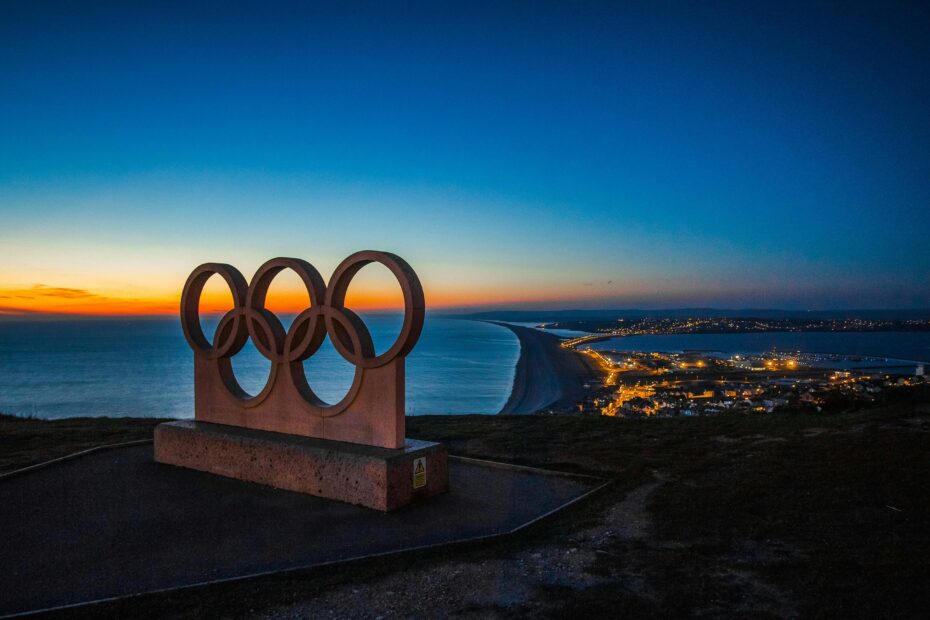The Olympics has always been a storied event. With its origins in Ancient Greece, The Games have always been revered for its historical significance, and interesting backstory. The decorated past of the Olympics gives way to more history with the host cities themselves. Olympics in Paris is nothing new, with the Summer Games having previously been at the city of lights in 1900 and 1924. With this, we feel its worth looking back to the history of the Olympics in Paris, and the legacy the cities summer games have left.
Paris 1900 – The Second Modern Olympics
Following the inaugural modern Olympic Games, held in Athens, 1896, the Paris Olympics in 1900 were the second ever modern Olympic Games. The honour of being first was always naturally going to be Greece’s, so to host the second ever modern Olympics is an incredible piece of history. The 1900 Paris Games were held as part of that year’s World’s Fair, or Exposition Universelle. Unlike the previous games, the Paris Olympics allowed Women to compete, being the first Olympic event to do so. Women were allowed to compete in Tennis and Golf, a significant point in sporting equality. The Games also introduced three new sports; Rugby, Polo, and Croquet.
The 1900 Paris Olympics were unique in several ways. Unlike the structured format seen today, events were spread out over five months. The Games were integrated into the World’s Fair, leading to a lack of distinct Olympic identity and many athletes being unaware they were competing in the Olympics.
Paris 1924 – Games of the VIII Olympiad, and a Goodbye to Tennis
The 1924 Paris Olympics, often referred to as the “Games of the VIII Olympiad,” marked a significant improvement in organisation and infrastructure compared to 1900. These Games established many traditions that continue today. The 1924 Summer Olympic Games was the first to feature an athletes’ village, which provides accommodation for the athletes, fostering a sense of community, and often injecting a vast amount of cash into the local economy. The event also introduced a standardised schedule, meaning more structure, for an easier running of The Games.
However, due to a dispute between the IOC and ITF regarding how amateur players are defined, Tennis was excluded for the Olympic Games for a 64 year period, starting in 1924. This meant that the 1924 Summer Olympic Games did not feature a Tennis event. The sport did see an eventual return in 1988, in Seoul (South Korea), and it has featured since.
Athletes from 44 countries competed at the 1924 Games, reflecting the growing international appeal of the Olympics. Paavo Nurmi of Finland dominated in track and field, winning five gold medals. The Games also featured the debut of the “Chariots of Fire” athletes, Harold Abrahams and Eric Liddell, whose stories were later immortalized in the 1981 film.






